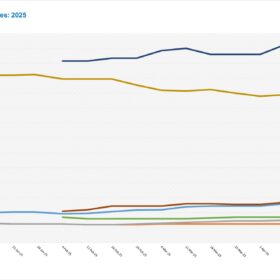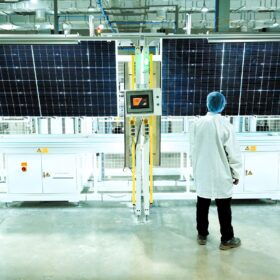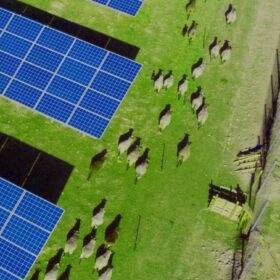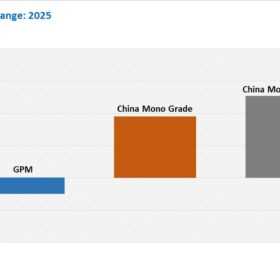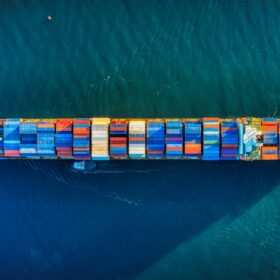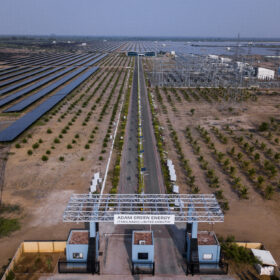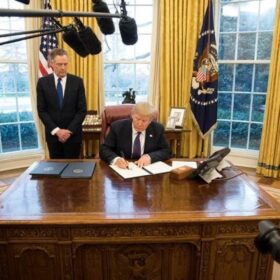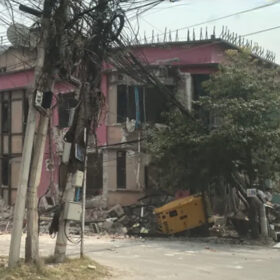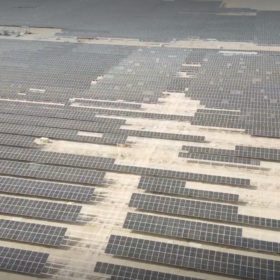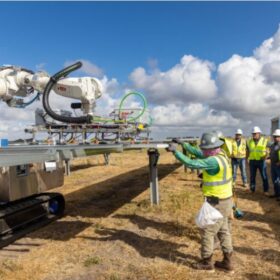FOB China module prices rise amid growing market expectations of sharp correction by end-Q2
In a new weekly update for pv magazine, OPIS, a Dow Jones company, FOB China TOPCon below 450 W modules for spot loading were stable at $0.093/W, with price indications between $0.087-0.100/W. Furthermore, it reveals that current price increases are not being uniformly adopted across all Chinese manufacturers, with significant price differences—often several euro cents— being observed between the Top 5 and Top 10 manufacturers.
Leveraging ESG Tech for a resilient and decentralized energy grid
According to the “Energy Statistics India 2024” report by the Ministry of Statistics and Programme Implementation, total emissions from the energy sector have been on the rise, underscoring the urgency for sustainable energy practices and stronger ESG-aligned interventions.
India’s solar exports face new U.S. tariff hurdles but are expected to stay competitive
India’s solar exports vis a vis other countries could still continue to remain competitive, though the margins could take a marginal hit.
South Africa targeting up to 5 GW of new renewables per year
The South African Renewable Energy Master Plan (SAREM) aims to deploy at least 3 GW of new renewables per year, increasing to 5 GW by 2030, while creating 25,000 jobs in the country’s renewable energy and storage sectors.
Construction starts on New Zealand’s 280 GWh agrivoltaic project
Construction on New Zealand’s largest solar farm project has begun at Te Aroha in Waikato, marking a significant milestone for the country’s renewable energy future and the potential of agrivoltaics.
Polysilicon market steady amid challenging short-term outlook
In a new weekly update for pv magazine, OPIS, a Dow Jones company, provides a quick look at the main price trends in the global PV industry.
U.S. reshapes the non-China solar supply chain
The U.S. Department of Commerce (DOC) revised antidumping and countervailing duties (AD/CVDs) on Vietnamese and Malaysian solar products in December 2024. The move has reshaped the non-Chinese supply chain, with further use of tariffs likely under the new administration, explains InfoLink’s Corrine Lin.
India installed 18.5 GW of utility-scale solar, 4.59 GW rooftop PV in 2024
Waaree Energies led solar module shipments with a 14.1% share of the overall supplies in the Indian market during Jan-Dec. 2024 period.
How Trump’s widespread tariffs affect the U.S. solar industry
Tariffs of 10% are applied to most products from most countries, but energy and energy products, steel, and aluminum are exempt, as tariffs have already been applied.
Myanmar earthquake disrupts solar wafer production, global supply chain
The recent 7.7-magnitude earthquake in Myanmar has disrupted solar wafer production in western China, where about 50% of the country’s wafer capacity is concentrated. Major manufacturers have suspended operations due to equipment failures, raising concerns over supply shortages and higher global solar prices.
